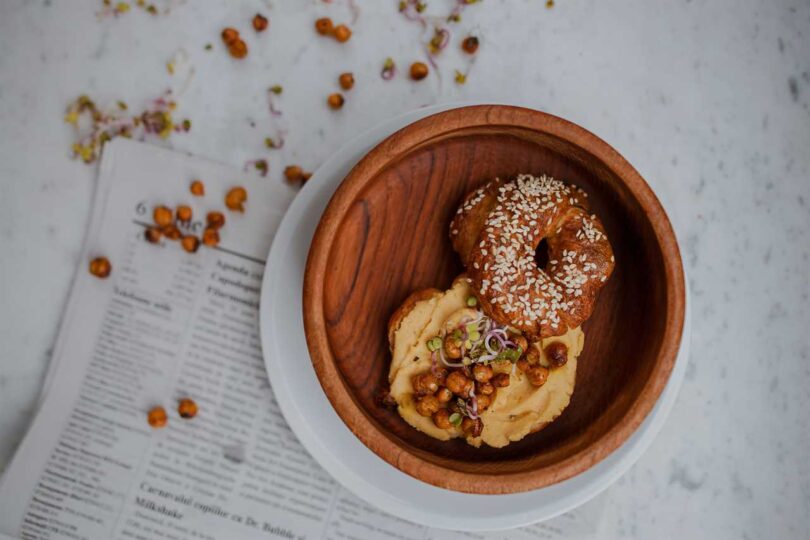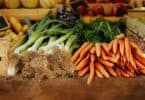Are you ready to become a confident cook in the kitchen? Look no further! This article is packed with easy tips to help you on your culinary journey.
Start by trying out simple recipes with minimal ingredients and basic techniques. Don’t forget to prep your ingredients before you start, chopping and measuring everything beforehand. And remember, mastering knife skills is key! Practice and invest in a sharp knife for better precision.
As you cook, taste along the way to adjust the flavors to your liking. Keeping it simple is the secret to success.
So let’s dive in and have some fun in the kitchen!
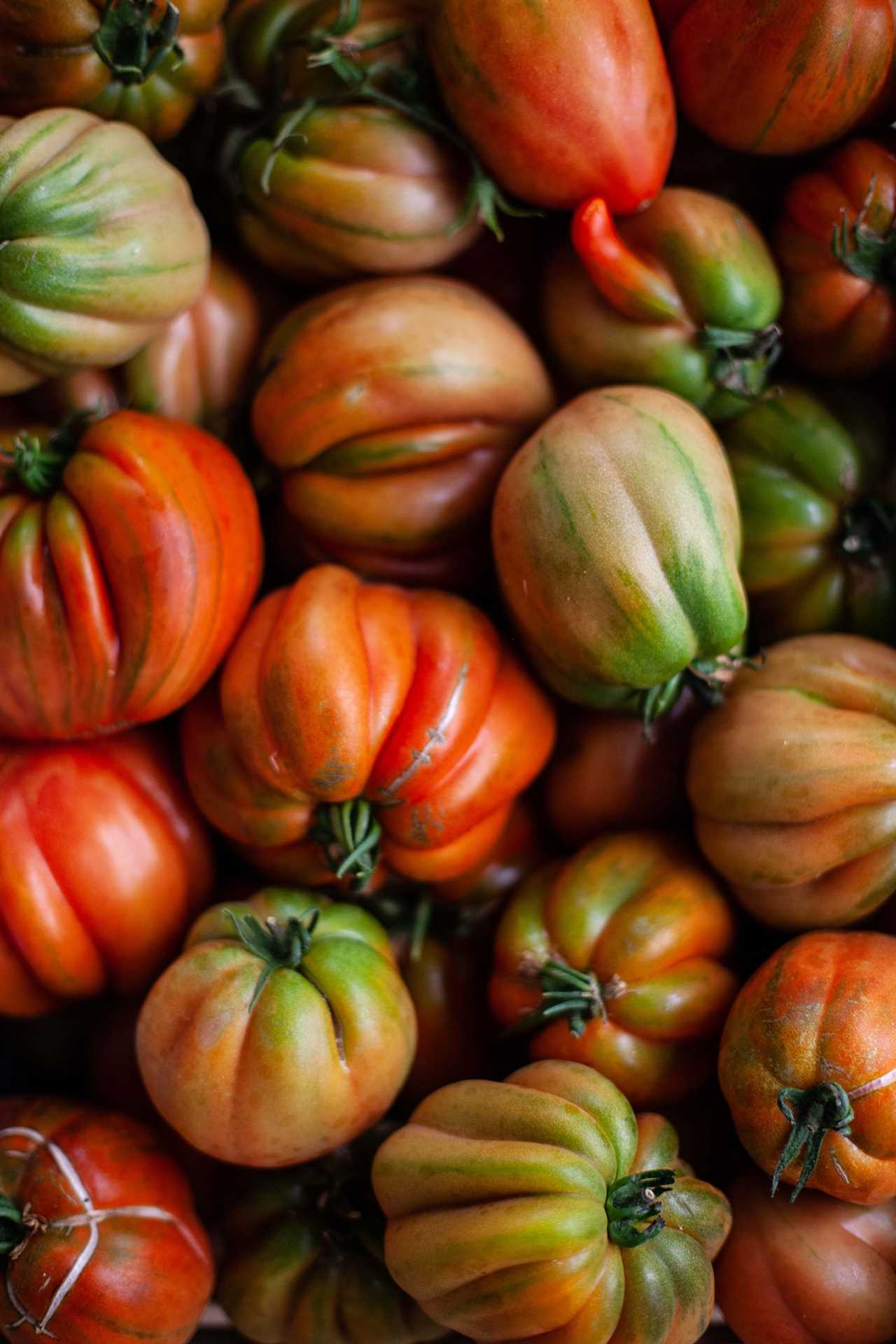
Key Takeaways
- Start with simple recipes and gradually move on to more complex ones as confidence grows.
- Prep all ingredients before cooking to save time and stay organized.
- Master knife skills to improve efficiency in the kitchen.
- Taste food throughout the cooking process and adjust seasoning according to personal preference.
Starting With Simple Recipes
Begin with straightforward recipes that don’t overwhelm and start building your cooking skills. Building confidence in the kitchen is all about starting small and gradually expanding your repertoire.
Look for dishes with minimal ingredients and basic cooking techniques, allowing you to focus on mastering the fundamentals. As you become more comfortable, don’t be afraid to try new ingredients and experiment with different flavors. This is your opportunity to discover your personal culinary style and create dishes that reflect your taste preferences.
Trying new ingredients not only adds excitement to your meals but also expands your culinary knowledge. So, step into the kitchen with confidence, embrace the freedom to explore, and let your culinary journey begin.
Prepping Before Cooking
Make sure to have all your ingredients chopped, measured, and ready before you turn on the stove. This simple step can save you valuable time and prevent last-minute scrambling during the cooking process.
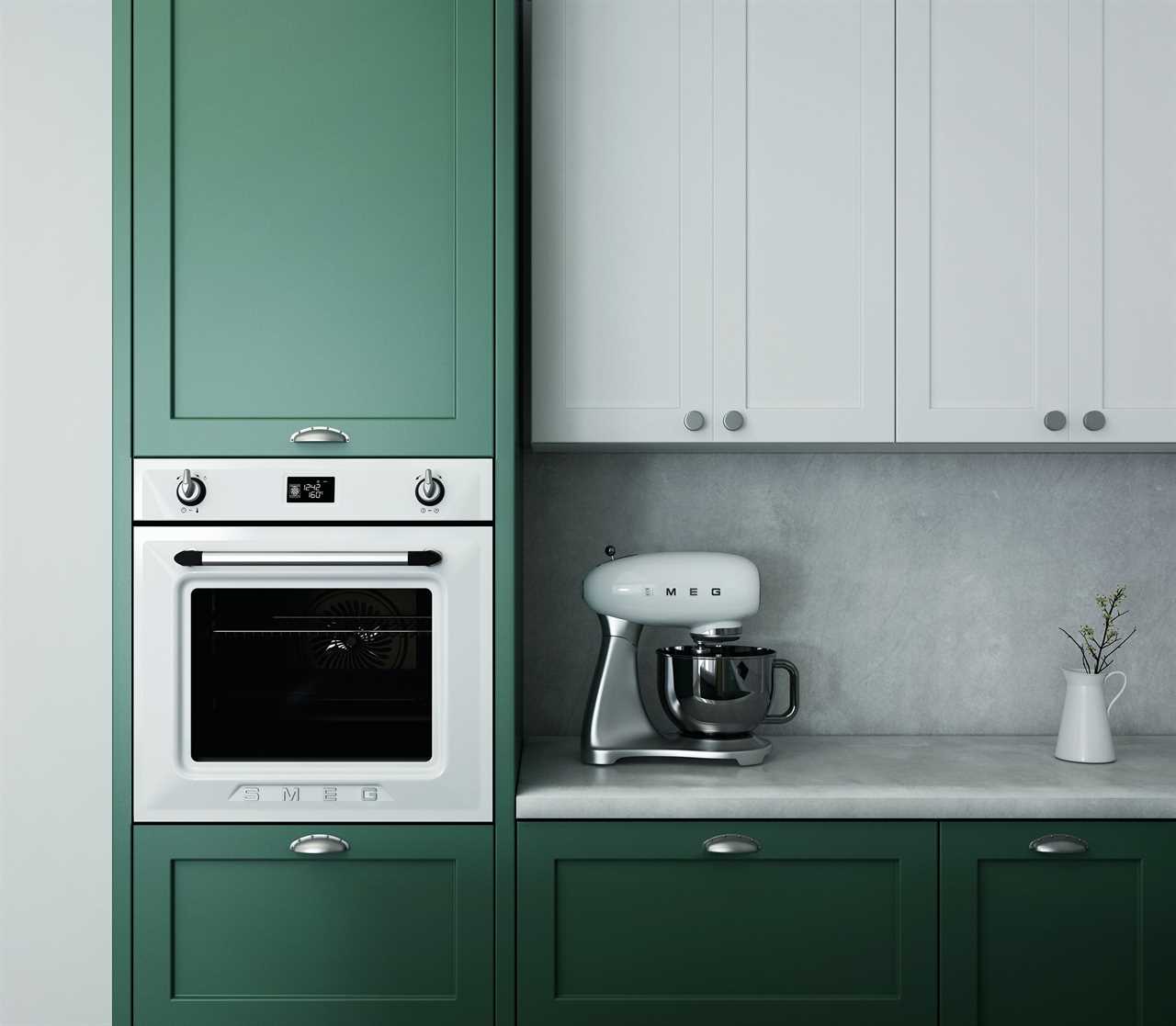
To organize your ingredients and streamline your cooking experience, consider the following time-saving techniques:
-
Separate bowls: Organize your ingredients in separate bowls to have them easily accessible while cooking. This will help you stay organized and avoid any confusion or delays.
-
Recipe instructions: Follow the recipe instructions for proper preparation techniques. This will ensure that you are preparing your ingredients correctly and in the most efficient way possible.
By organizing your ingredients and following these time-saving techniques, you can make your cooking process more efficient and enjoyable.
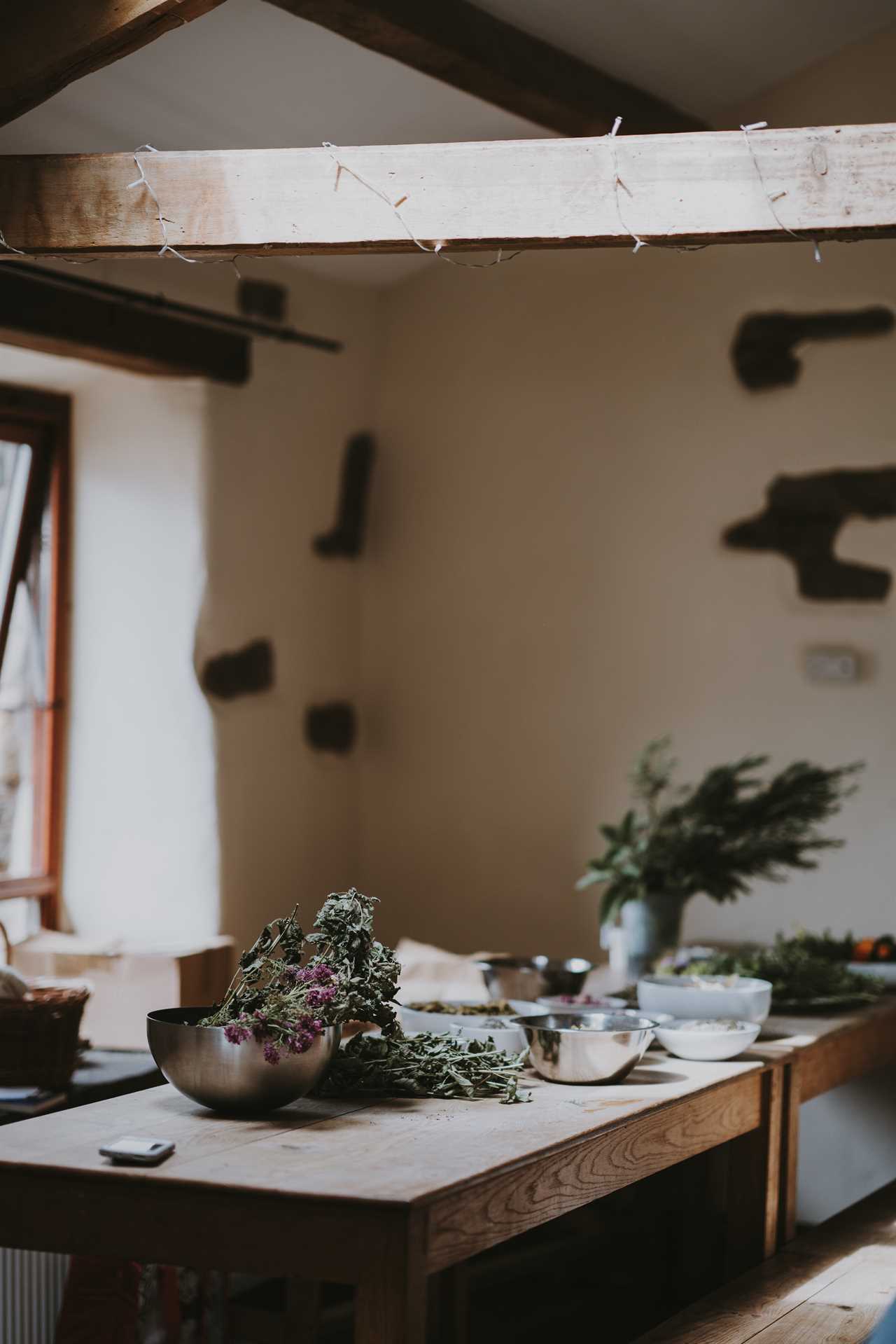
Mastering Knife Skills
Sharpen your knife skills by practicing cutting techniques like dicing, mincing, and julienning.
Honing techniques are essential for maintaining the sharpness of your knife and ensuring precision in your cuts. Regularly honing your knife using a honing steel will help realign the blade, keeping it in optimal condition.
Additionally, proper knife maintenance involves keeping your knife clean and dry after each use to prevent rust and damage. Store your knife in a knife block or on a magnetic strip to protect the blade and maintain its sharpness.
Remember to handle your knife with care, using a cutting board to avoid dulling the blade on hard surfaces.
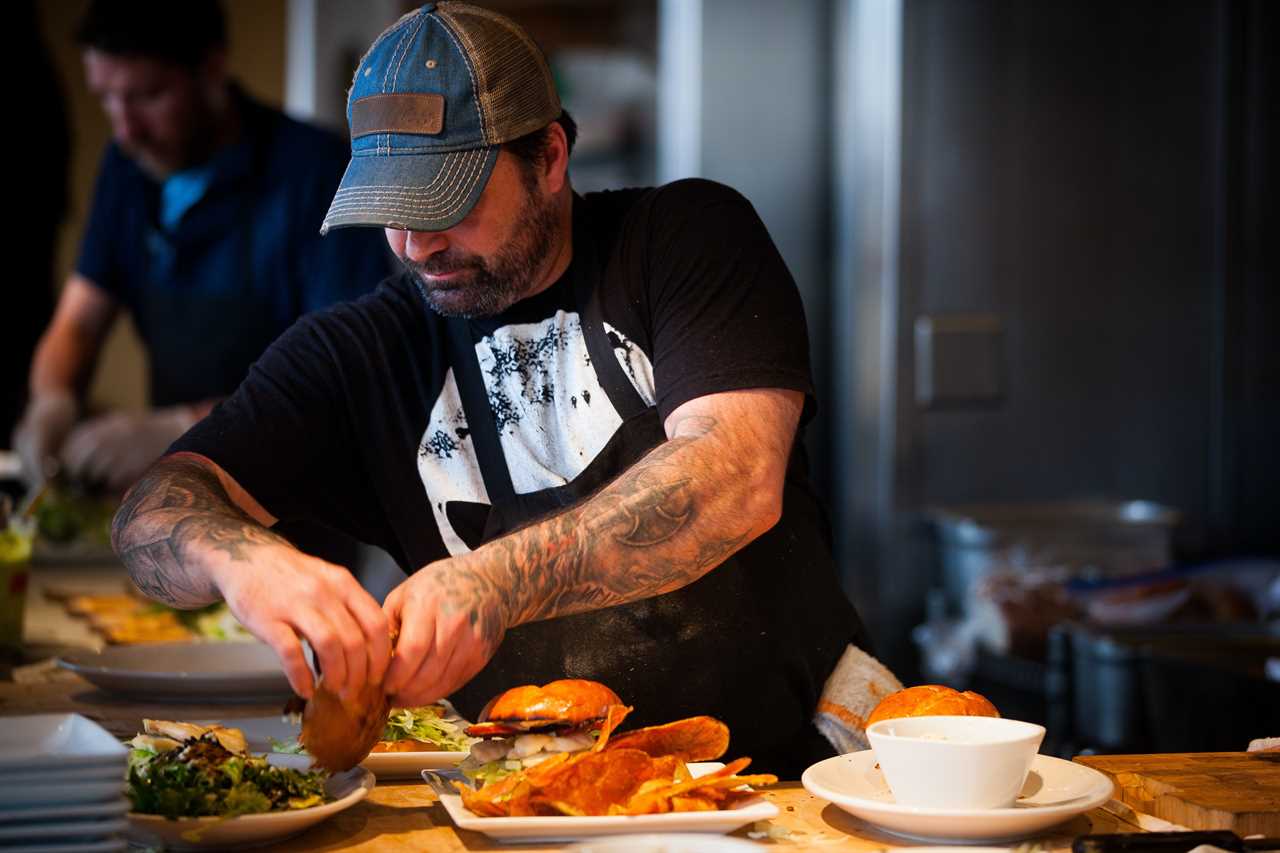
Tasting as You Go
As you cook, don’t hesitate to taste your food throughout the process to adjust seasonings and flavors according to your personal preference. Developing your palate is an essential skill that will elevate your cooking to new heights. By adjusting seasoning, you can transform a bland dish into a flavorful masterpiece.
Trust your taste buds and experiment with different spices and herbs to enhance your dishes. Here are some tips to help you develop your palate and master the art of adjusting seasoning:
- Start by tasting small amounts of your dish at different stages of cooking. This will allow you to identify any flavors that may be lacking or overpowering.
- Gradually add seasonings such as salt, pepper, and spices to achieve the desired taste.
Keep in mind that adjusting seasoning is a personal preference. Don’t be afraid to add more or less of a certain ingredient to suit your taste. Remember, you are the chef of your own kitchen and have the freedom to make it your own.
Keeping It Simple
To keep things uncomplicated in the kitchen, focus on mastering a few fundamental dishes that will provide a strong foundation for your culinary skills.
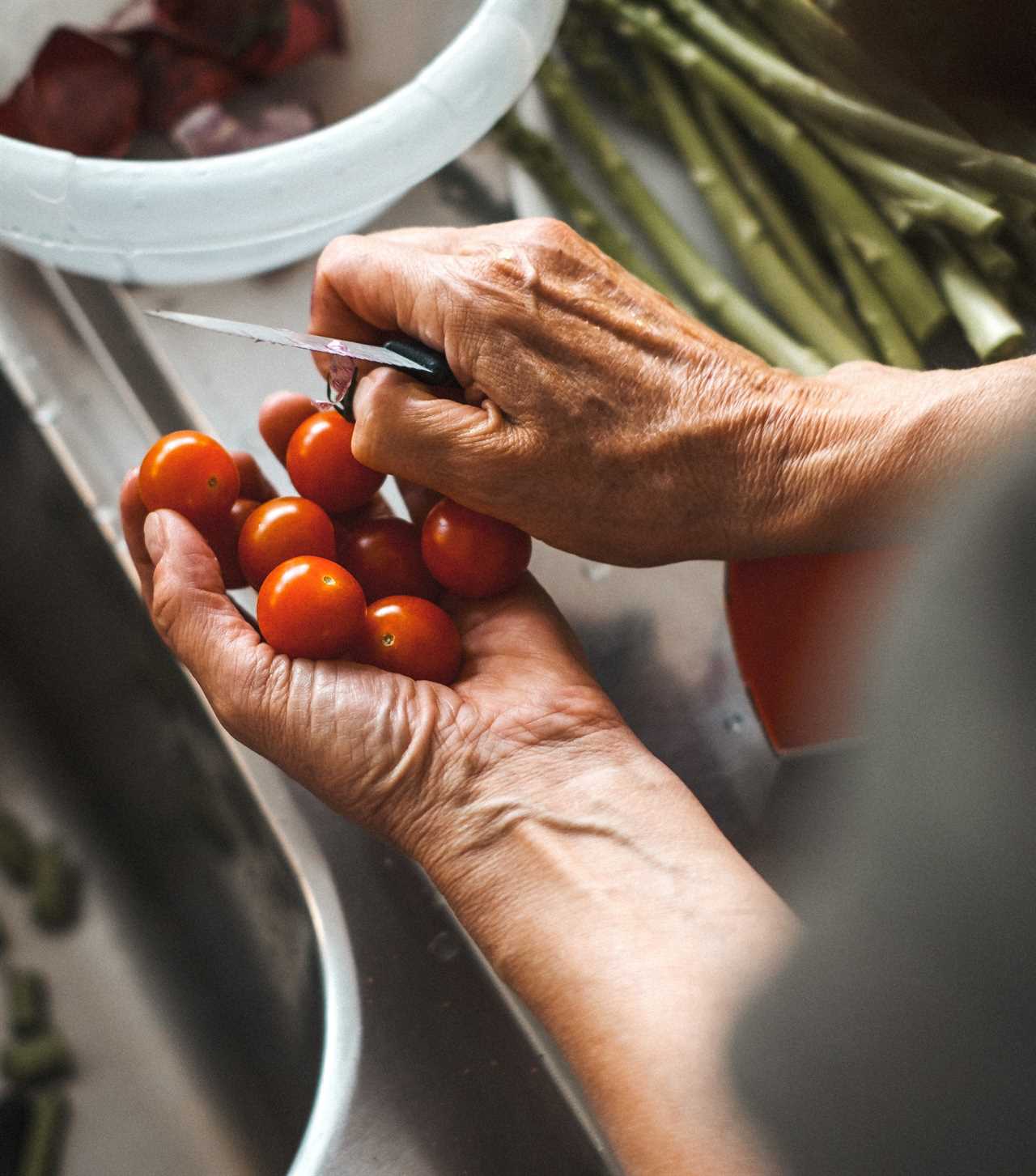
Embracing minimalism and simplifying ingredients will help you create delicious meals with ease. By using fewer ingredients, you can truly appreciate the flavors and quality of each component.
Choose recipes that utilize simple, fresh ingredients and basic cooking techniques. This approach allows you to showcase the natural beauty of the food and avoid unnecessary complexity. Emphasize quality over quantity, and let the ingredients shine.
By simplifying your ingredients, you can also streamline your shopping list, save money, and reduce food waste.
Building a Strong Foundation
Now that you understand the importance of keeping it simple in the kitchen, let’s talk about how to build a strong foundation as a beginner cook. Building confidence and learning from mistakes are key elements in this process. Here are some tips to help you along the way:
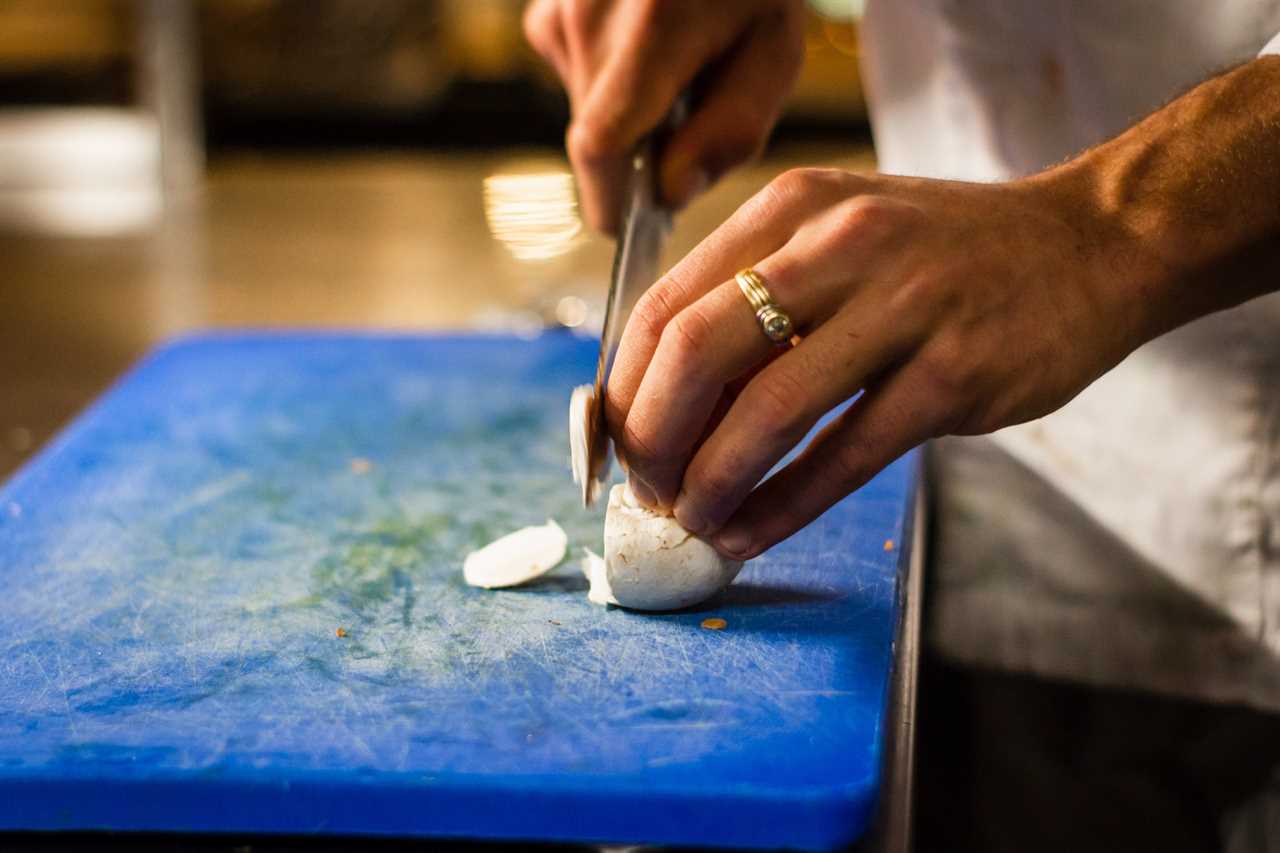
-
Start with simple recipes that don’t overwhelm you. Look for dishes with minimal ingredients and basic cooking techniques, gradually moving on to more complex recipes as your confidence grows.
-
Don’t be afraid to make mistakes. They are valuable learning opportunities that will help you improve your skills and develop your own style.
-
Embrace the process of cooking and have fun in the kitchen. Enjoy the journey of experimenting with flavors and ingredients.
-
Learn from professional chefs and their techniques. Take advantage of resources like cooking classes or online tutorials to enhance your skills.

-
Remember that building a strong foundation takes time and practice. Don’t rush the process and be patient with yourself.
Embracing Your Own Style
Embrace your own style in the kitchen by experimenting with different flavors and techniques that reflect your personal taste and creativity. Developing unique flavors and exploring cultural cuisines can add excitement and diversity to your cooking repertoire.
By incorporating ingredients and spices from different cultures, you can create dishes that are truly one-of-a-kind. Try adding a pinch of cumin to your Mexican-inspired dishes or experiment with lemongrass in your Asian-inspired stir-fries. Don’t be afraid to step outside of your comfort zone and try new things.
Explore the rich flavors of Indian curry or the bold spices of Moroccan cuisine. The possibilities are endless when it comes to developing your own unique style in the kitchen. So go ahead, let your culinary creativity run wild and create dishes that are a true reflection of your tastes and preferences.
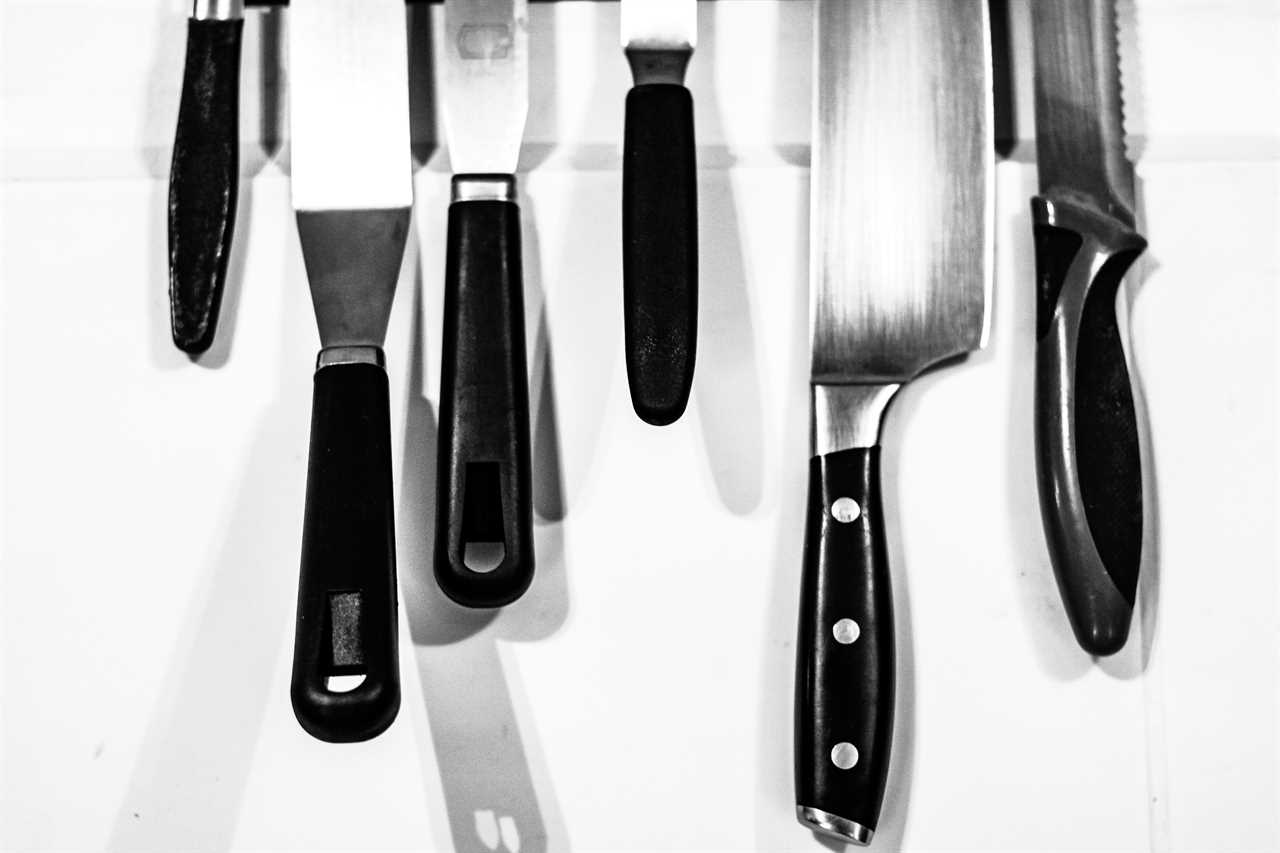
Enhancing Flavors With Spices and Herbs
Enhance the flavors of your dishes by incorporating a variety of spices and herbs that complement and elevate the taste of your ingredients. Experimenting with different combinations and creating homemade spice blends allows you the freedom to customize your dishes to your liking.
To paint a picture for you, imagine the tantalizing aroma of a homemade curry blend, combining fragrant spices like cumin, coriander, turmeric, and cinnamon. Or picture the vibrant flavors of a homemade herb blend, featuring fresh basil, thyme, rosemary, and parsley. These unique combinations can take your dishes from ordinary to extraordinary.
By experimenting with different spices and herbs, you have the freedom to create your own signature flavors. You can add a kick of heat with chili powder, a hint of smokiness with paprika, or a refreshing burst of citrus with lemon zest. Don’t be afraid to think outside the box and try unconventional combinations.
Creating homemade spice blends also allows you to control the quality and freshness of your ingredients. You can adjust the ratios to suit your taste preferences and dietary needs. Plus, it can be a fun and rewarding experience to mix and match different flavors.
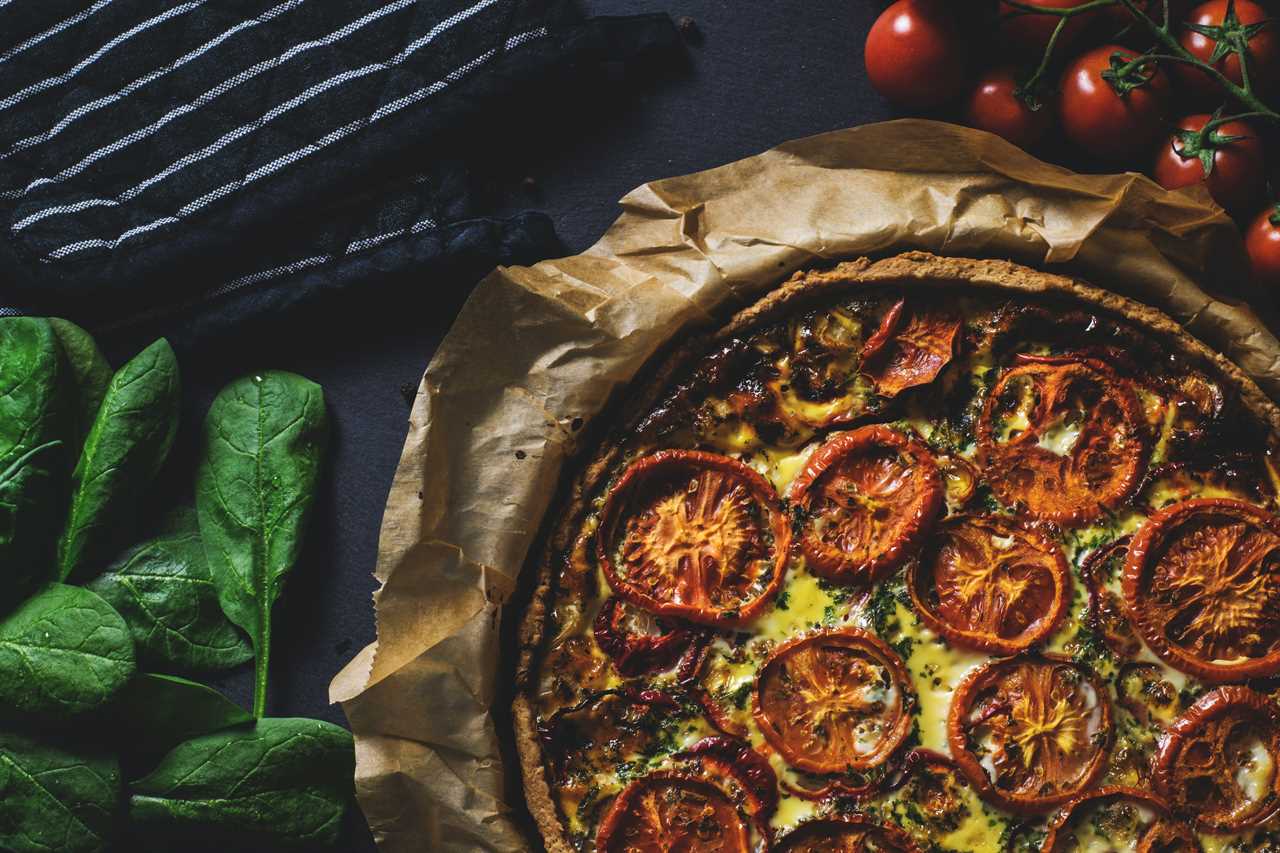
Enjoying the Cooking Process
Immerse yourself in the joyful process of cooking and savor every moment as you create delicious meals in your own kitchen. Finding joy in the kitchen starts with staying organized during the cooking process.
To stay on top of things, begin with simple recipes that won’t overwhelm you. Look for dishes with minimal ingredients and basic cooking techniques. Prepping before cooking is essential. Chop, measure, and have all your ingredients ready before turning on the stove. Organize them in separate bowls for easy access.
Mastering knife skills is also crucial. Practice cutting techniques like dicing and mincing to improve efficiency. Finally, remember to taste as you go. Adjust seasoning and flavors according to your preference.
Frequently Asked Questions
What Are Some Common Mistakes That Beginner Cooks Make When Starting With Simple Recipes?
When starting with simple recipes, beginner cooks often make common mistakes that can hinder their progress. It’s important to be aware of these challenges and overcome them.
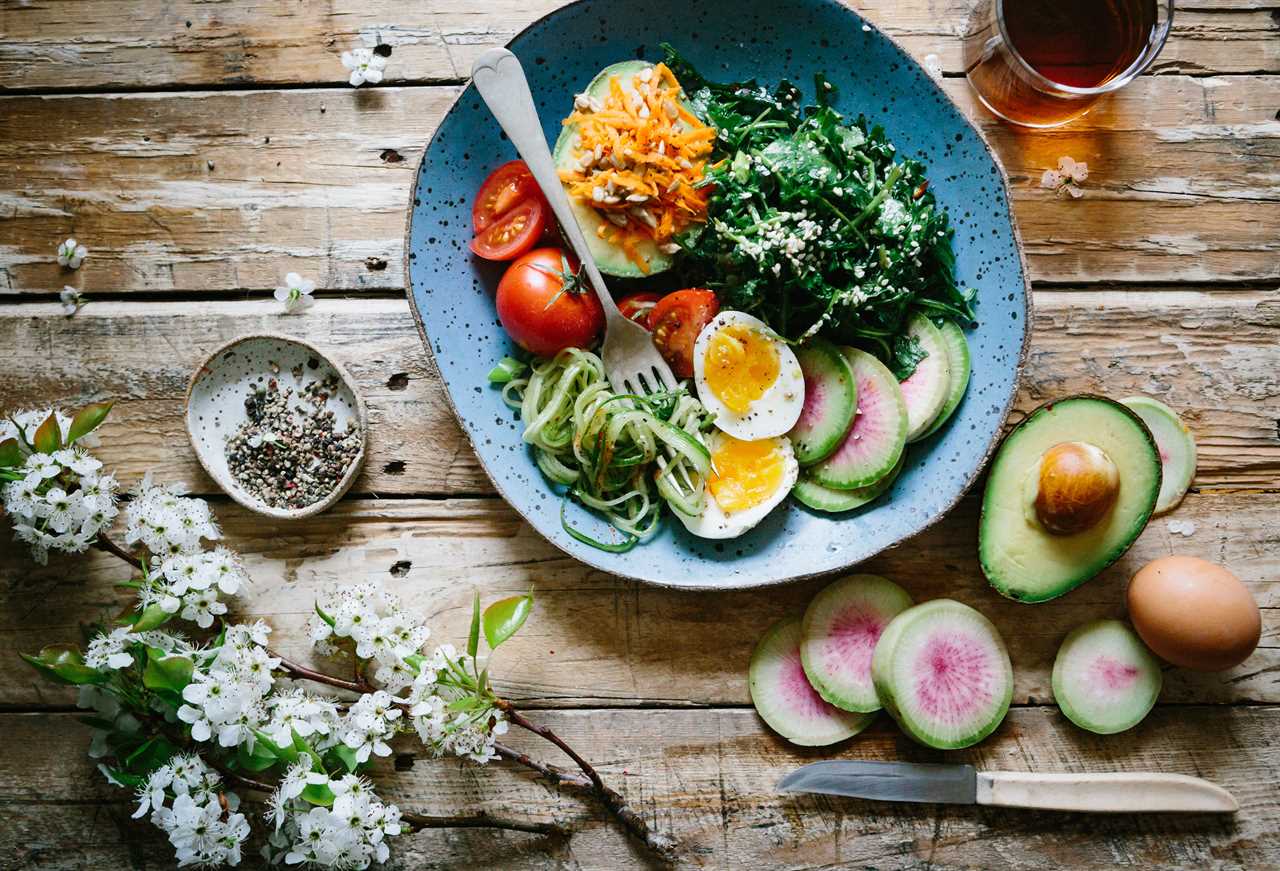
Some of the most common mistakes include not following the recipe instructions properly, not prepping ingredients beforehand, and not tasting the food as you go.
How Do I Know if I Have the Right Knife for the Job?
Choosing the right knife is crucial for a successful cooking experience. Consider the size and blade type that best suits your needs.
A small paring knife is great for delicate tasks, while a larger chef’s knife offers versatility.
Proper knife care and maintenance are essential to ensure longevity. Keep your knife sharp and clean, and store it in a safe place.
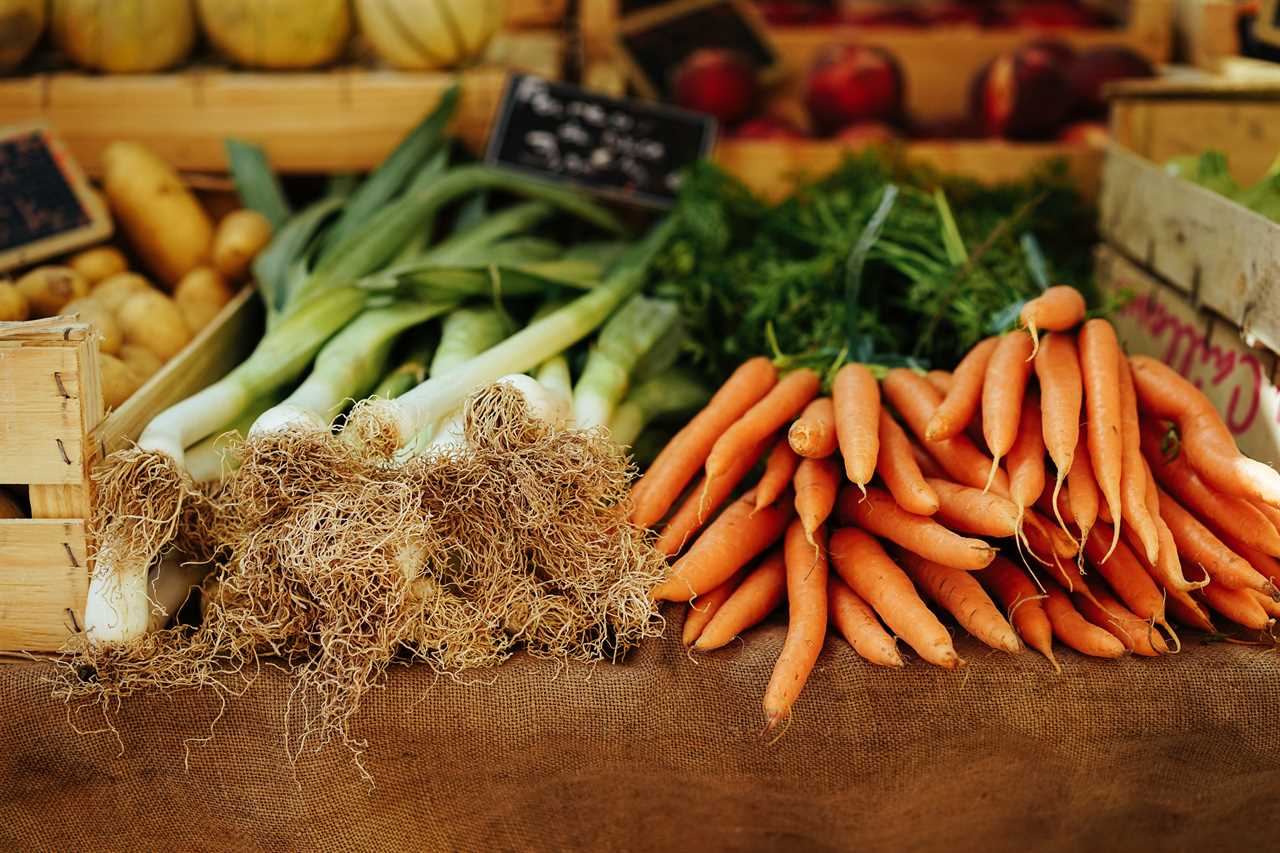
Can You Provide Some Examples of Spices and Herbs That Can Enhance Different Types of Dishes?
Cumin and basil are two spices and herbs that can enhance different types of dishes.
Cumin is perfect for adding a smoky and earthy flavor to Mexican dishes like tacos and enchiladas.
Basil, on the other hand, brings a fresh and aromatic taste to Italian dishes such as pasta and pizza.
These spices and herbs can elevate your cooking and add a burst of flavor to your favorite recipes.

Experiment with them and discover new culinary delights in your kitchen.
Are There Any Specific Techniques or Tips for Balancing Flavors in a Dish?
Balancing flavors in a dish is like conducting a symphony, where each ingredient plays a crucial role. To achieve harmony, try flavor pairing techniques. For example, contrasting sweet and savory or balancing acidity with richness.
Tips for adjusting flavors include adding a squeeze of lemon for brightness, a pinch of salt for depth, or a dash of sugar to mellow bitterness.
Trust your taste buds and experiment until the flavors are perfectly in tune. This will create a masterpiece on your plate.
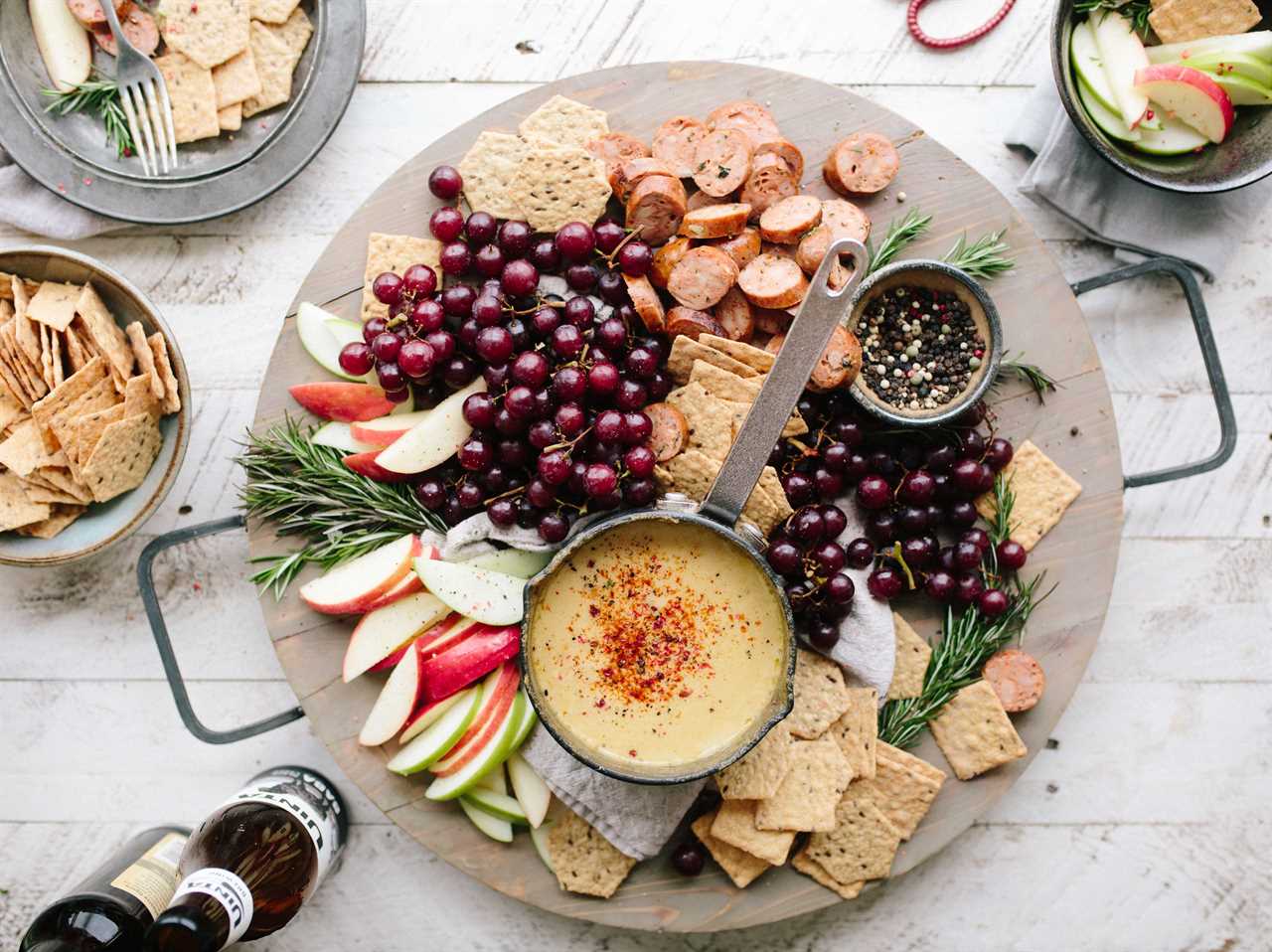
What Are Some Creative Ways to Make Basic Recipes More Interesting and Flavorful?
Looking to make your basic recipes more interesting and flavorful? Get creative with flavor combinations!
Try adding a twist to your dishes by experimenting with different herbs, spices, and sauces.
Elevate your meals by incorporating unexpected ingredients like citrus zest, caramelized onions, or roasted garlic.
Don’t be afraid to think outside the box and mix flavors that complement each other.
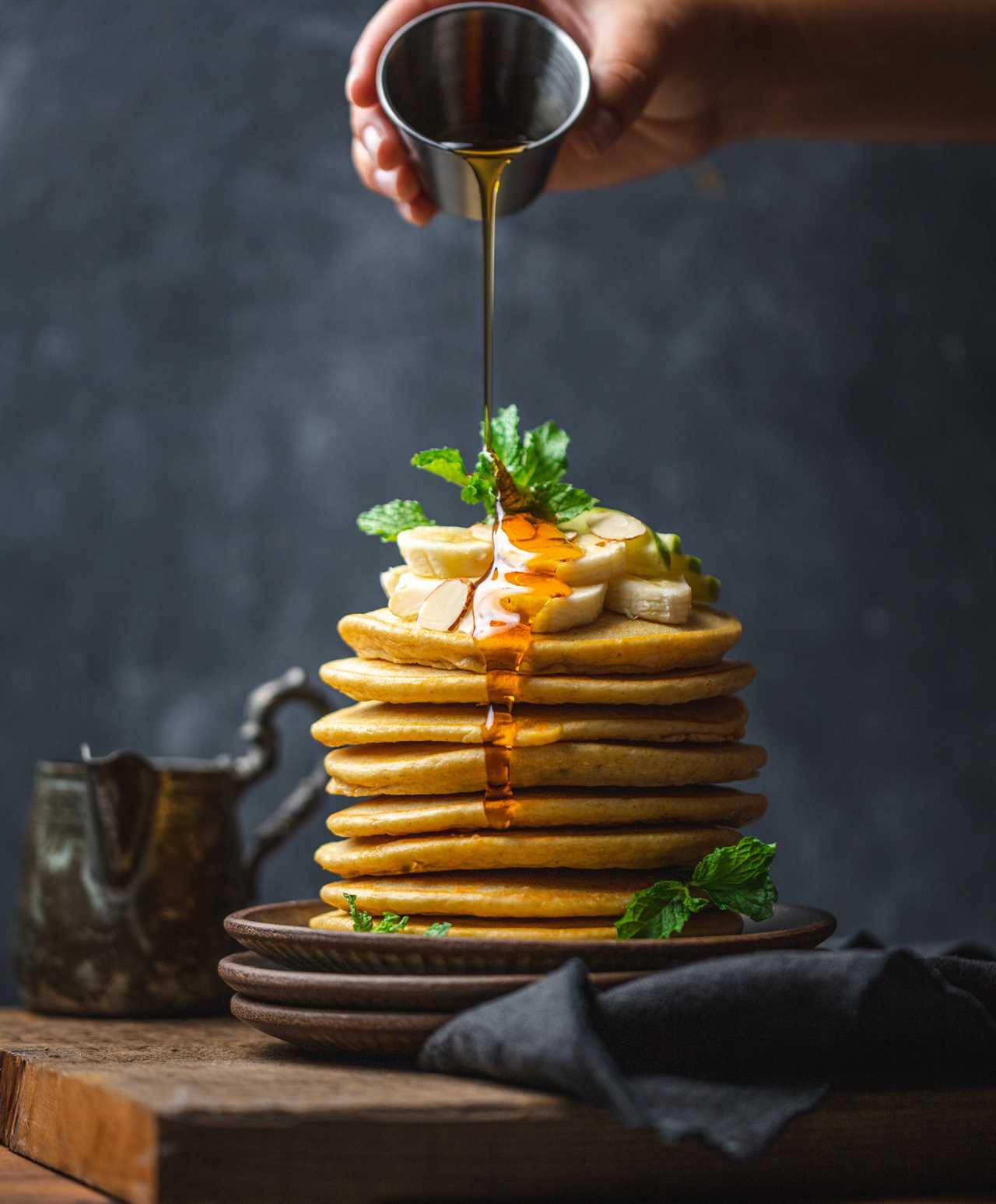
With a little imagination, you can easily transform your simple dishes into something extraordinary.
Did you miss our previous article…
http://www.greek-visions.com/el/easy-kitchen-hacks-for-small-households/

